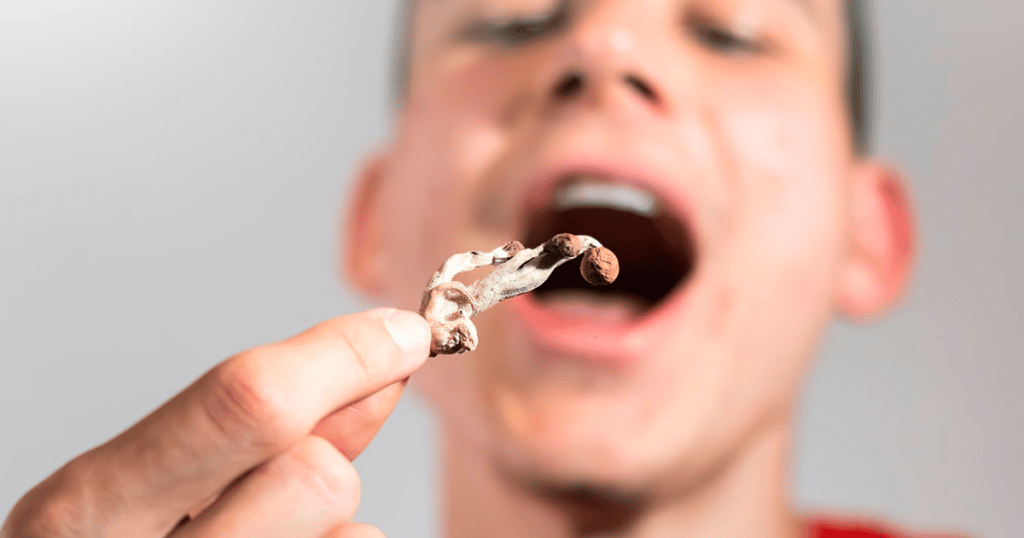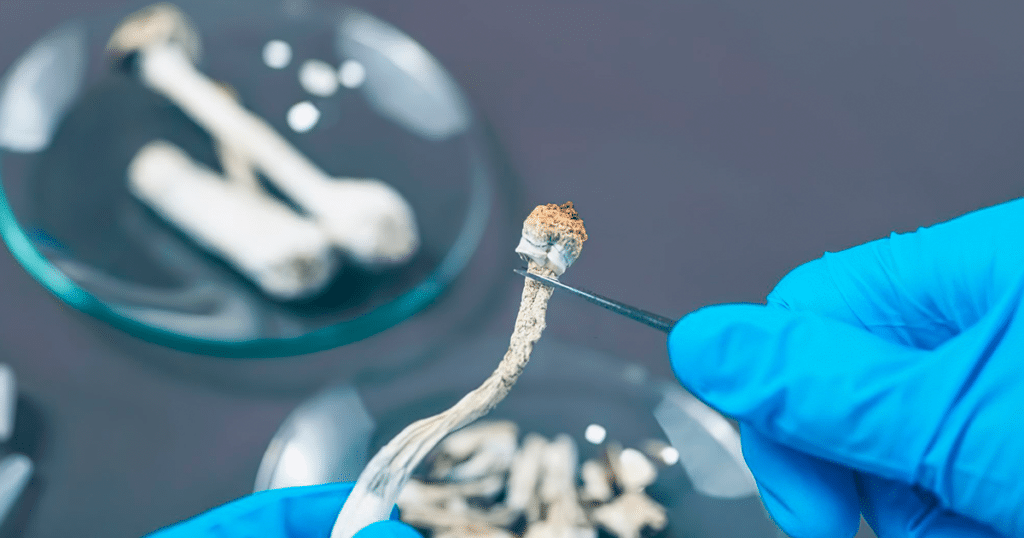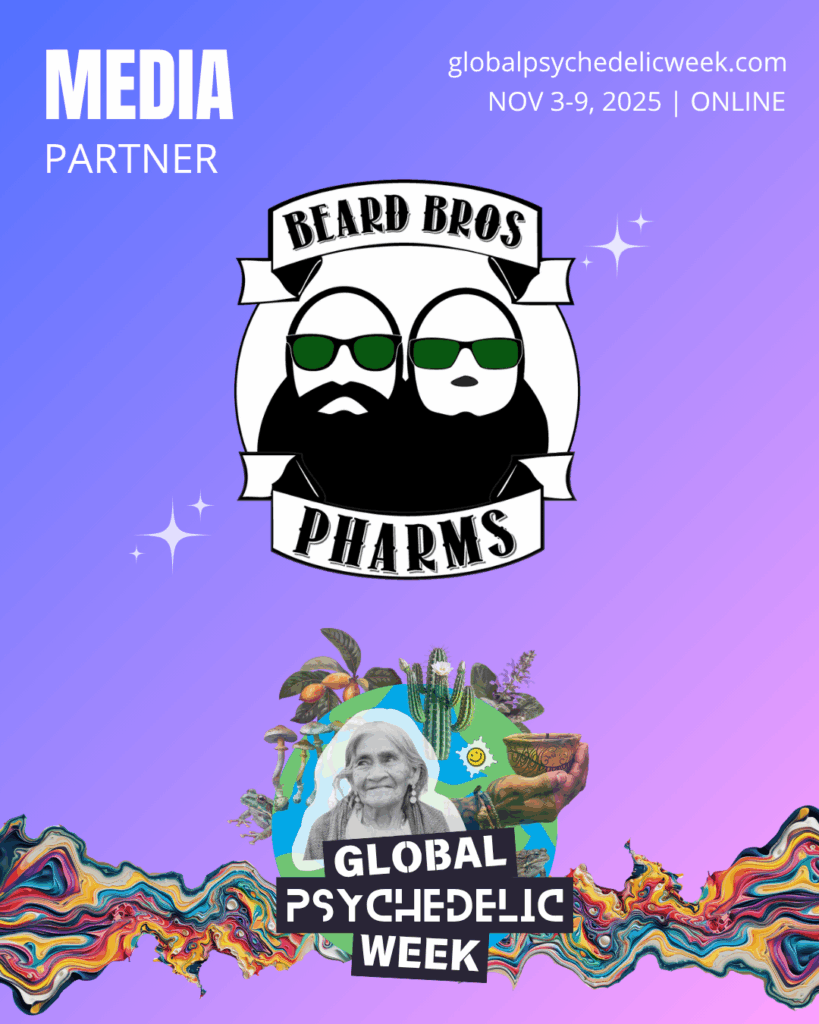The world’s increasing openness to natural remedies has allowed people to experience the many health benefits of cannabis. There is also a parallel move into the near-mystical properties of psilocybin, which for years was hailed by alternative health practitioners as hugely beneficial. Medical researchers are now looking into the effectiveness of this natural compound, found in psilocybin mushrooms, in treating mental health issues.
Traditional means for treating mental health disorders like depression, anxiety and addictive behaviors involve prescription drugs which act on the brain’s chemical processes. These are sometimes effective, and sometimes they are not. Early treatments like Prozac sometimes had a detrimental effect on patients, causing them to shut down emotionally, leading to self-harm or harm to others.
In terms of the addictive behavior of smoking, the nicotine patch has probably been the most effective mainstream treatment, resulting in 27% being able to quit smoking for a year in one study.
Studying Smokers
Researchers have been studying the effects of psilocybin on the brain activity of patients with various mental health issues, and the most recent of these involves a study to determine whether psilocybin can help people to stop smoking.
Smoking is a legal, socially-acceptable habit which has been advised against for decades. Despite warnings from all corners of the medical fraternity, smoking is still one of the most difficult habits to quit. This is probably due to the fact that its effects are not immediately obvious or detrimental, unlike alcoholism, drug abuse, or gambling, all of which have a negative impact on the family first. Smoking-related illness is counted as the biggest cause of preventable mortality in the US.
Given that almost 31 million adults in the US still smoke cigarettes, medical research into how to help people to quit has become quite broad and accepting of new—or ancient—remedies.

Johns Hopkins
The National Institute of Health (NIH) has funded a study to be conducted by researchers at Johns Hopkins in collaboration with NYU Langone Health and Alabama University scientists. The study will attempt to determine the extent to which psilocybin can help people to stop smoking.
The pilot study which preceded it found that psilocybin helped 10 out of 15 people to quit smoking for a year. This is a promising foundation on which to base the double-blind, randomized, and controlled trial.
This is also a landmark achievement, as no research into psychedelics has received federal funding in the last 50 years. That fact alone should speak to the expected outcomes of the study.
Study Methodology
This study will administer two doses of psilocybin or niacin (control) to 66 patients over two weeks, along with talk therapy. Then the patients’ efforts to quit will be monitored and recorded to determine if there is a significant divergence in outcome between those who received the psilocybin and those who received the niacin.
The Johns Hopkins study will investigate in a formal context whether psilocybin can help, but not how. Researchers have not been able to explain the action that this compound has on the brain, which, according to anecdotal reports, allows people to break free from addictive or repetitive behaviors. It has been noted by various scientists, including Matthew Johnson, a researcher specializing in psychedelics at Johns Hopkins, that people who take psychedelics experience shifts in their interaction with the world and within themselves, allowing them to make changes to their behavioral patterns.

The potential for this kind of research to validate and legitimize psilocybin as a treatment for certain behavioral and mental disorders opens up a bigger conversation about the validity of “traditional” Western medicine. The questions around that conversation should center on the link between the legacy pharmaceutical companies, the legacy media, and commonly-accepted medical practices and approaches.
Enjoyed that first hit? Come chill with us every week at the Friday Sesh for a freshly packed bowl of the week’s best cannabis news!
- Trial Begins for Ex-Rohnert Park Officer Accused of Corruption, Highlighting Failures in Cannabis Law Enforcement
- From Los Angeles to Berlin: How U.S. Cannabis Growers Can Lead in Europe — with Germany as the Launchpad
- Federal Judge Upholds Gun Ban for Cannabis Users Despite State Legalization
- Czech Republic Takes Historic Step Toward Cannabis Reform
- Case Study: Financial Litigation Support for a Cannabis Business
- Oregon’s Ryan’s Law Bill Stalls Again, Advocates Vow to Continue the Fight















